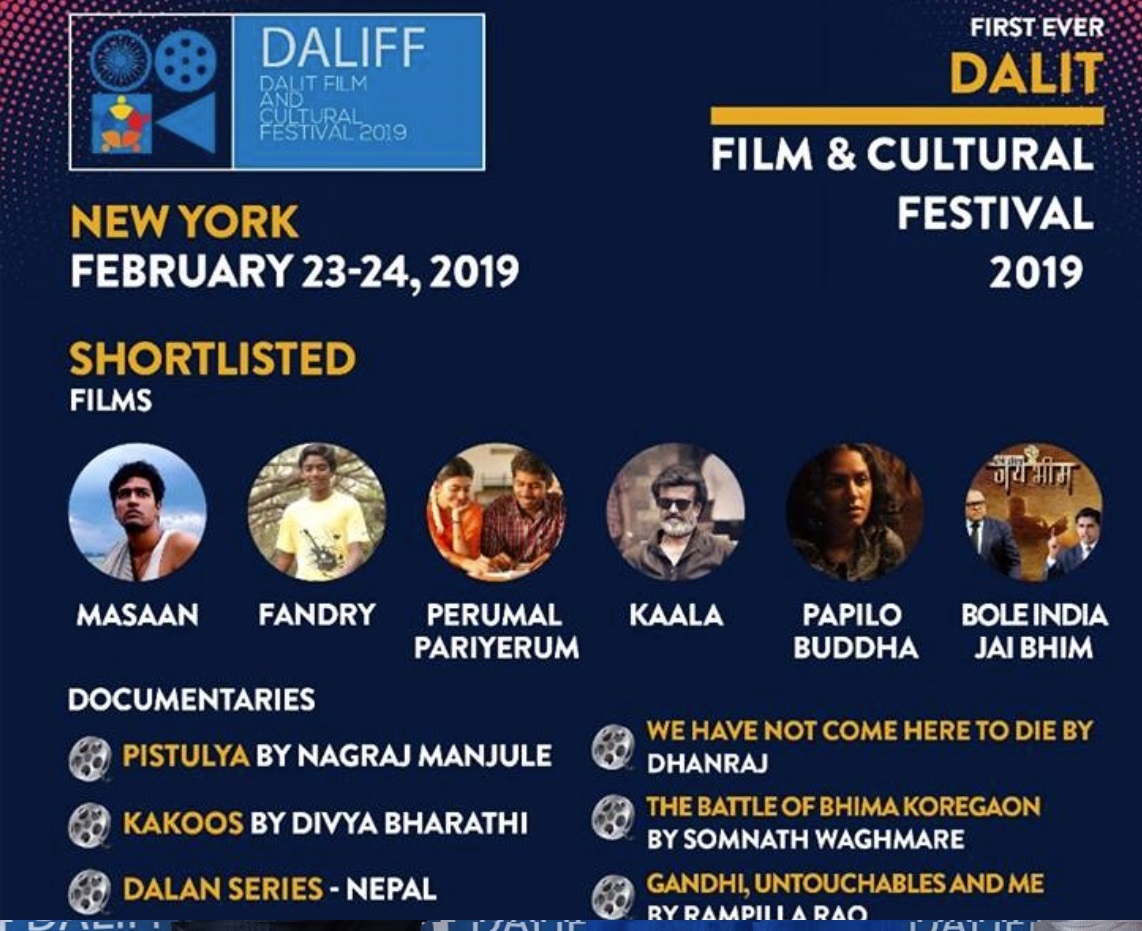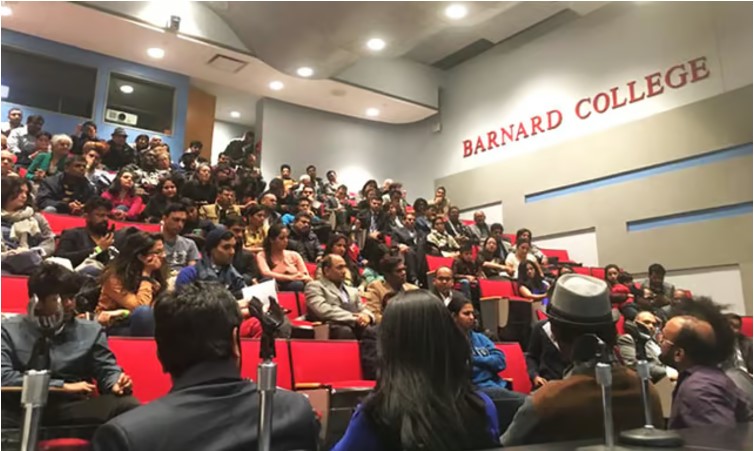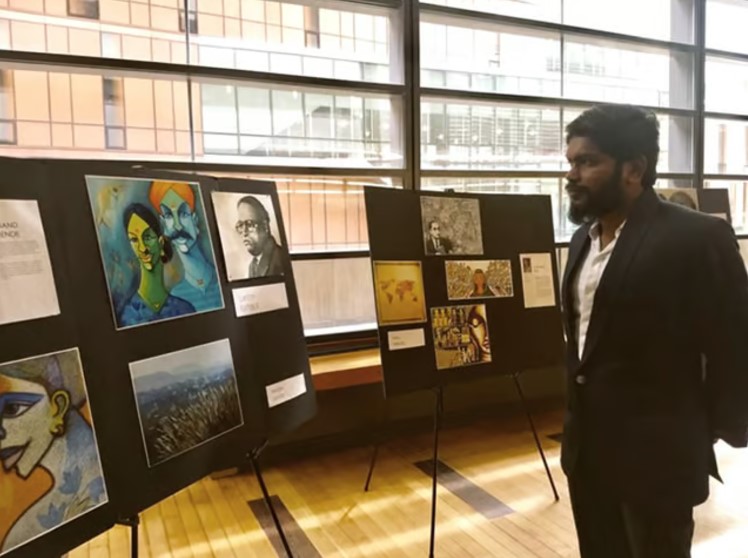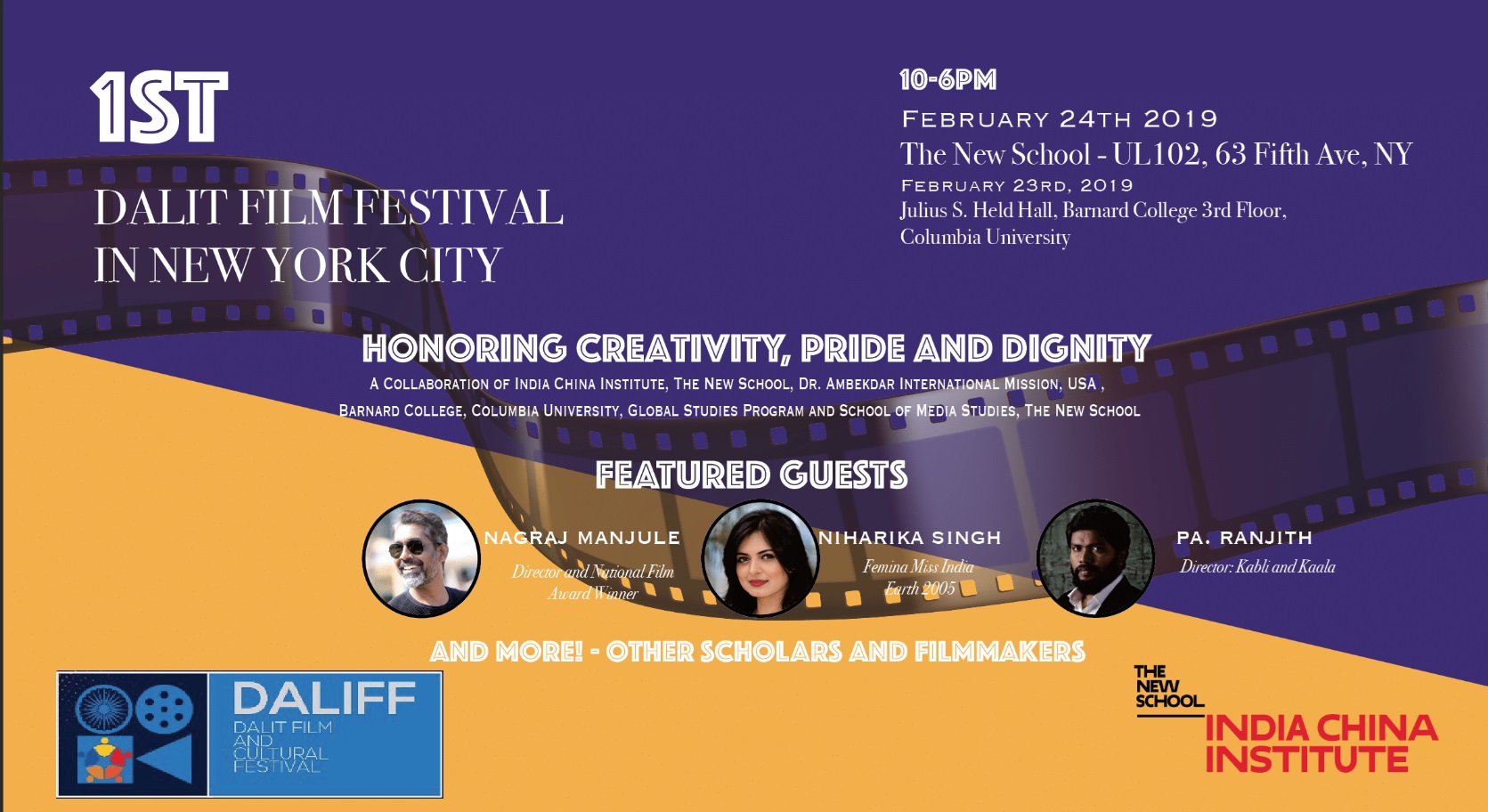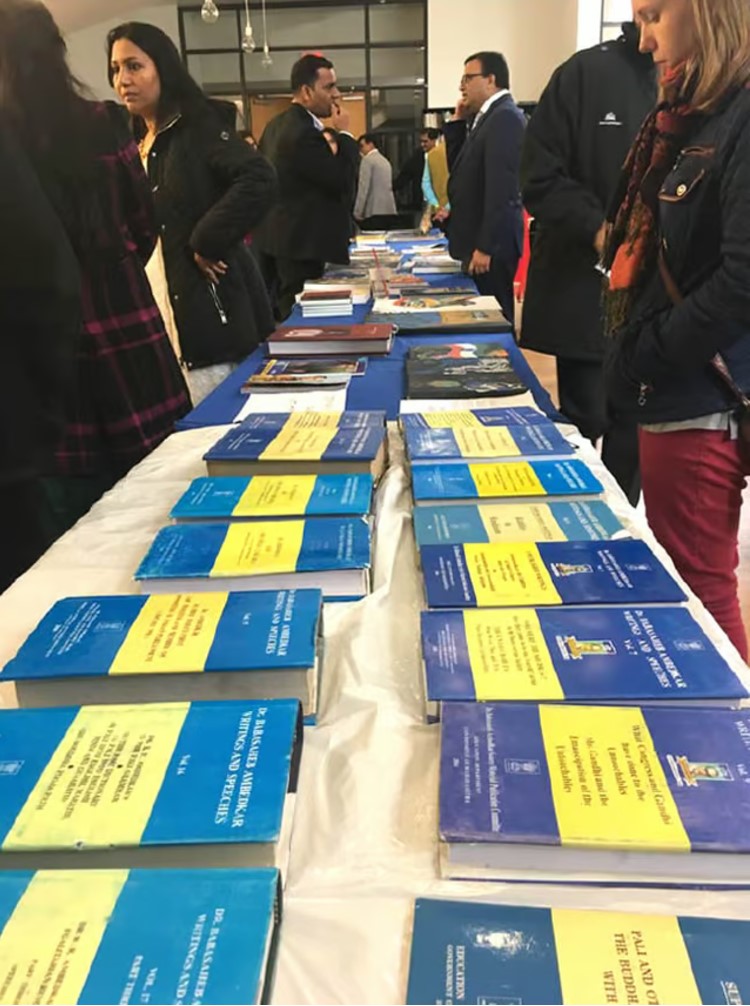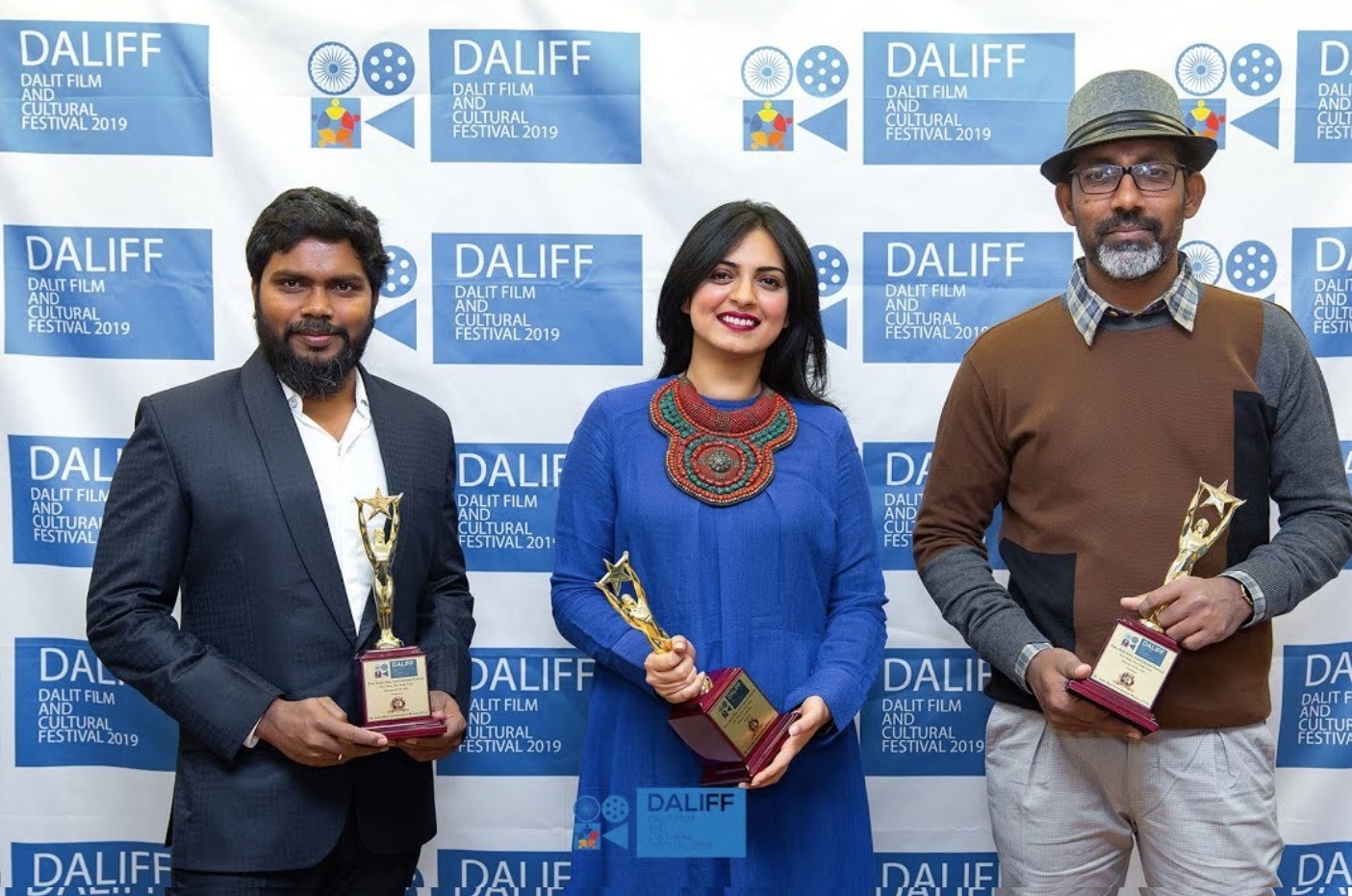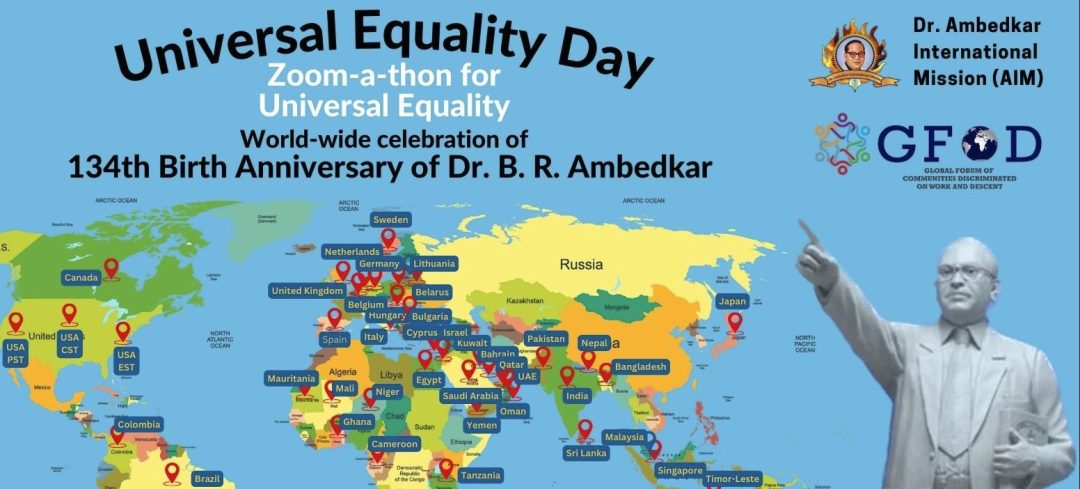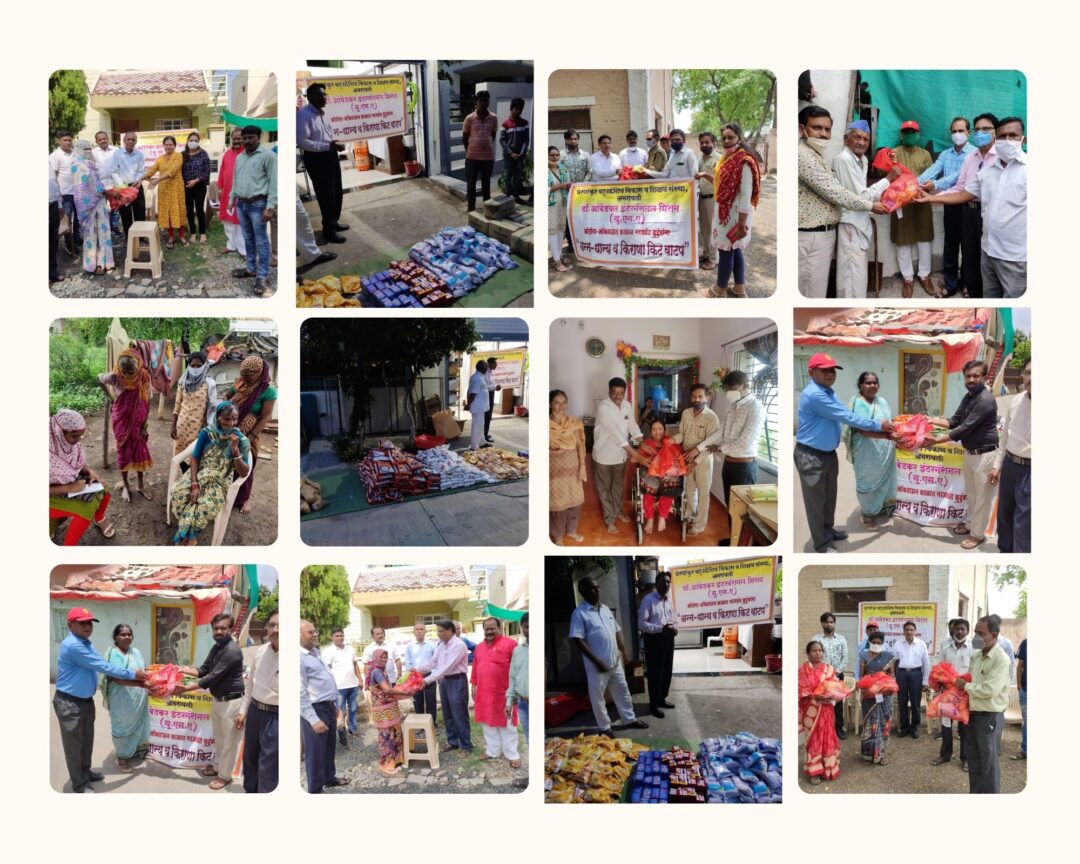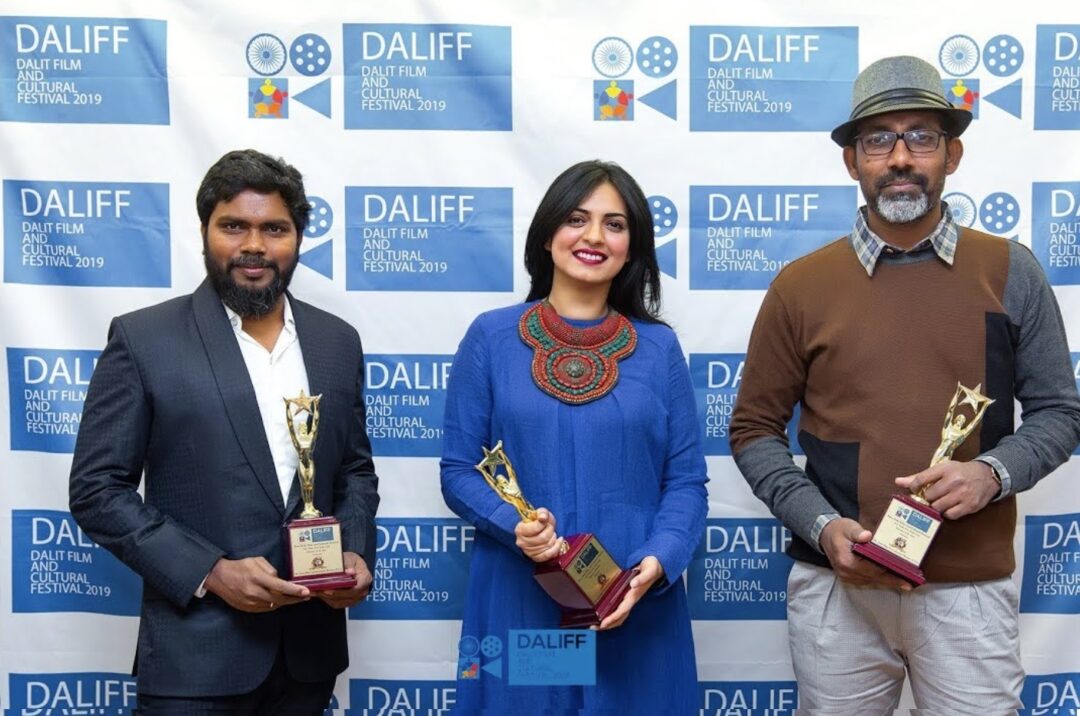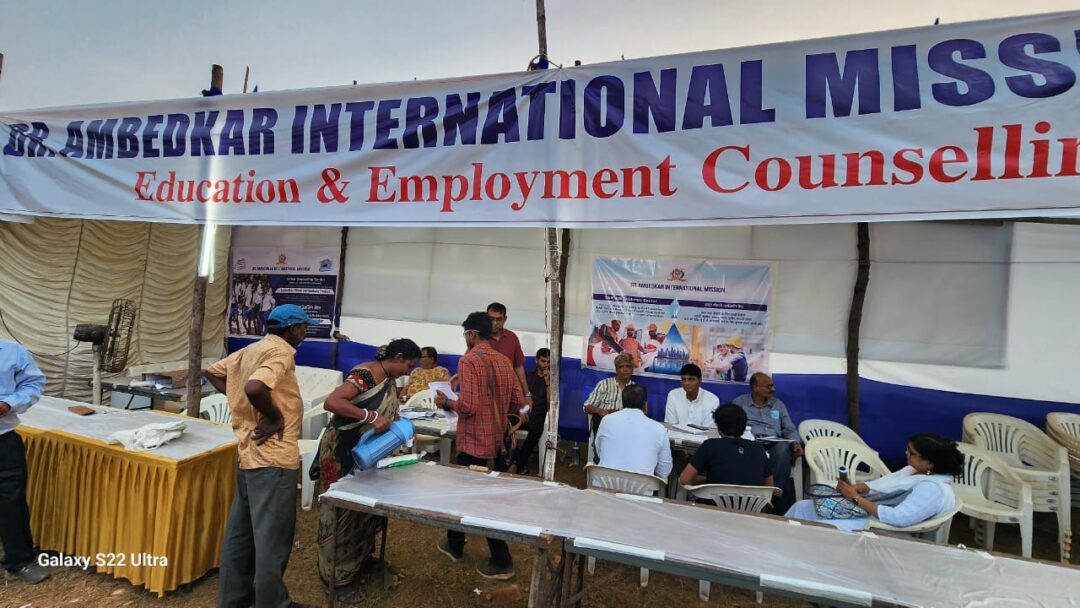Challenger
With the emergence of caste centric films in the mainstream Indian (also, in Nepal) film industry in recent years and its notable success has dawned upon the nu-genre of film making—the Dalit Cinema. Dalit Cinema is a newer technique to underscore the importance of art and creativity in upholding the human loving virtues simultaneously standing guard to fighting the ills of society.
The film festival is a product of the legacy of B.R. Ambedkar, arguably one of Columbia University’s most illustrious alumni, whose ideas and activism has shaped the world’s largest democracy, India. The Ambedkar Initiative is dedicated to exploring genealogies of radical democracy outside the North Atlantic; addressing the complex interrelationship of identity inequality in global frame; and enabling emergent affinities and solidifying existing solidarities in the struggle for recognition and social justice.
Historically the experiences of Dalit in the films, erstwhile untouchables or the lower castes (over 250 million people worldwide) have been camouflaged by appropriating their voices into a caste neutral character. Oft-repeated incidents of suppression of Dalit voices and Dalit assertion has maintained the cultural hegemony of dominating classes in India. Whenever Dalit characters are presented on screen, it is either to degrade the humanity of the Dalit or term it as a despicable character worthy to receiving humiliation. Such casteist gestures have downgraded the quality of Dalit cultural life in India further pushing them down to the perils of humane existence.
Result
The festival included a string of thought-provoking films in Marathi, Malayalam, Tamil and Nepali, covering a wide variety of Dalit stories and assertion. The other movies screened included Pa Ranjith’s Kaala, Manjule’s Fandry, Neeraj Ghaywan’s Masaan and Jayant Cherian’s Papilio Buddha. Some of the documentaries showcased were Manjule’s Pistulya (Marathi), Divya’s Kakoos (Tamil), Nabin Subba’s Dalan serial (Nepalese), Somnath Waghmare’s The Battle of Bhima Koregaon (Marathi), Rao Rampilla’s Gandhi, Untouchables and Me (English) and Deepa Dhanraj’s We Have Not Come Here To Die.
The festival drew a huge response from the local audience, with packed houses in all its venues. Lauren, a New York-based artist, said after watching Fandry: “It is such an emotional movie which showcases the human reaction when they are constantly dehumanised.” Professor and anthropologist David Blundell, who directed a 60-minute film Arising Light based on the peaceful revolution of Dr Ambedkar from a historical perspective, said bringing the stories of Dalits to Manhattan was a significant step in the right direction.
As part of the event, an exhibition of Dalit art was also showcased, including the literature of Dr Ambedkar, Mahatma Phule and Buddha, and the works of artist Sridhar Ambhore who highlights the pain of the oppressed using his pen.
The organisers described the event as successful. As Pa Ranjith said in his concluding remarks, “DALIFF is not just a festival, but a movement.”
DALIFF Achived following objectives:
To expose to the world about the nuances of Dalit life, buried underneath the popular forms of artistic expressions.
To encourage a dialogue on the lack of representation and diversity in the Indian and South Asian film industry on the experiences of Dalit lives.
To create solidarity with other oppressed groups tied into a Fourth World project by intervention of the film.
The event is meant to serve as "a window to a marginalized landscape and an initiative to reclaim a people’s rights, dignity and freedom"
History has been made. The First Dalit Film Festival was successful.
